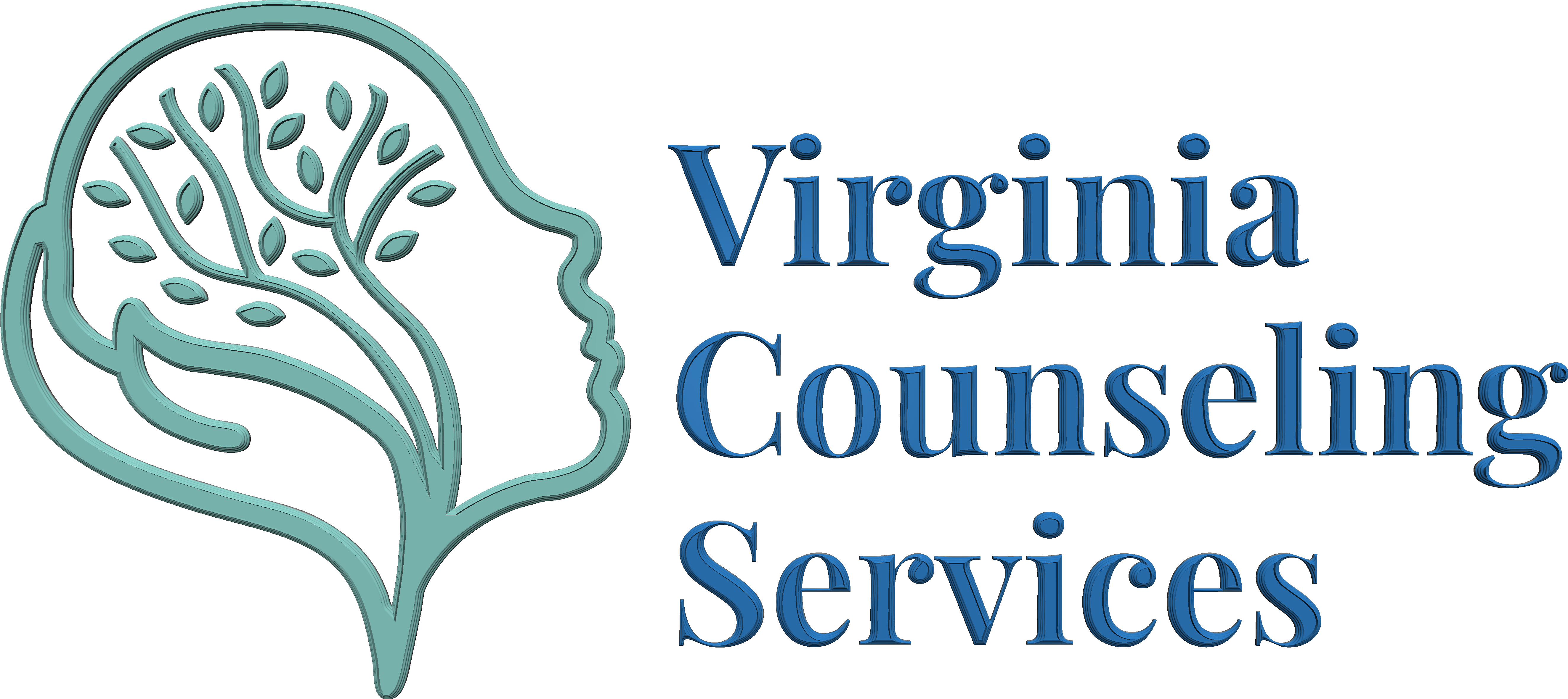The path to getting licensed or credentialed in the mental health profession is a long and challenging process. One of the dilemmas aspiring mental health and substance abuse professionals find themselves in begins with finding a supervisor. And the most dreadful…. a supervision site.
What is supervision?
Supervision is a mandatory part of licensure and ongoing professional development for counselors. This type of professional relationship protects those who trust us with their challenges by ensuring therapists are competent and capable of providing effective treatment. Supervision is done by experienced practitioners, known as supervisors. Supervisors provide guidance, support, and oversight to less experienced or trainee counselors, known as supervisees.
Key aspects of supervision in counseling include:
- Educational Development: Supervisors share their knowledge and experience, offering instructional guidance to help supervisees improve their counseling skills and bridge the gap between their academic knowledge and practical situations.
- Supportive Role: Supervision provides emotional support to counselors, particularly those new to the field. It helps them manage the emotional impact of their work and cope with the challenges and stressors of the profession.
- Ethical Oversight: Supervisors ensure that supervisees adhere to professional and ethical standards. They guide them in handling ethical dilemmas and complex cases, ensuring that client care is of the highest quality.
- Feedback and Evaluation: Supervisors offer constructive feedback on the supervisee’s performance, helping them recognize their strengths and areas for improvement. Regular evaluations are part of this process.
- Professional Growth: Supervision is key to the ongoing professional development of counselors. It helps them stay updated with current best practices, enhances their therapeutic effectiveness, and supports their career advancement.
Think of supervision as having “training wheels” on while you’re learning to be a mental health provider. Your mentor, or supervisor, is the experienced professional that takes you under their wing as you gain the practice, skills, and experience to work with clients.
Depending on the license or credential you are trying to achieve, the amount of supervision varies. For instance, in the state of Virginia, in order to obtain your Licensed Professional Counselor (LPC) license, you must have:
- Graduated with a Masters degree from a CACREP or CORE accredited school
- The degree must be focused in a counseling-related area
- Must be at least 60 credits
- Must find a board-approved supervisor for supervision
- Must apply and be approved for supervision by the Board of Counseling
- Must complete 3,400 hours of total supervision hours in no less than 21 months, but cannot take longer than 4 years
- 2,000 hours (out of the 3,400 total hours) must be face-to-face (or direct) client contact
- A minimum of 200 hours of supervision with your supervisor
These are simplified criteria, but you get the idea: it takes a lot of work to finish! And that’s just one license. You can get much, much more in-depth information about the process from the LPC Guidebook by the Virginia Board of Counseling.
What types of supervision are offered at VCS?
We offer supervision services for counselors and therapists trying to pursue certifications and licenses in Virginia. The credentials we currently supervise are:
- Licensed Professional Counselor (LPC)
- Certified Substance Abuse Counselor (CSAC)
- Licensed Substance Abuse Treatment Provider (LSATP)
- Licensed Marriage & Family Therapist (LMFT)
Who are the supervisors?
Dr. Nelson is board approved to supervise for LPC, CSAC, LSATP.
Joseph is board approved in Va to supervise for LPC and LMFT!
